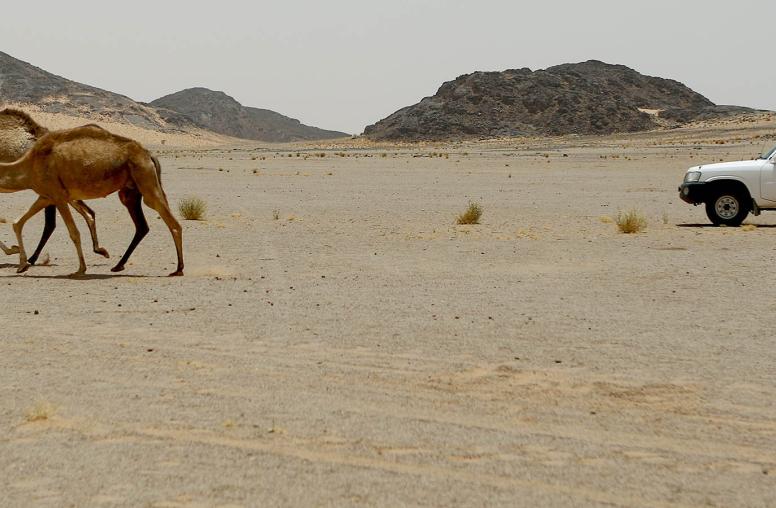 Morocco
Morocco
Featured Publications

Western Sahara’s conflict is over. Negotiating the terms comes next.
One of Africa’s longest wars shifted toward a conclusion in July when France recognized Morocco’s claim of sovereignty over the Western Sahara. That action, alongside Morocco’s military advantage, effectively will leave the indigenous Sahrawi independence movement with no choice but to eventually settle for some form of autonomy within Morocco. While this reality will be unsatisfactory for the estimated 173,000 Sahrawis living in refugee camps, their best option, and that of their backer, Algeria, is now to seize the opportunity to negotiate for best-possible peace terms with Morocco. Ending a war that keeps so many stateless and living in squalor while also removing a major irritant to the Moroccan-Algerian relationship will improve regional stability.

A Newly Assertive Algeria Seizes an Opportunity
For decades, Algeria has eschewed participation in international affairs. As a member of the non-aligned movement, the country has been described as “anti-Western,” “anti-capitalist,” and “insular.” Privately, American diplomats describe the government as one of the region’s most challenging to penetrate and understand. But over the last two years, there have been signs that Algeria is changing and starting to flex its economic and political muscles, which has accelerated in the wake of the war in Ukraine, with Algeria capitalizing on opportunities created by changes to global energy markets. Algeria has also increasingly asserted itself in the African Union and Arab League, stepped up its lobbying efforts in foreign capitals and is deepening ties with Beijing. But is Algeria ready for the responsibility that accompanies the role it is positioning to play?

Morocco Reflects a Global South Dilemma: Water or Food?
Morocco, like many countries across the “global south,” faces an intensifying dilemma: While it has improved its food production to reduce food insecurity and undernourishment, that progress has stressed the country’s limited water supplies with water-intensive industrial farming practices. As climate change intensifies structural drought throughout the Maghreb, Sahel and elsewhere, these regions must develop policies that treat food insecurity and water scarcity as interlinked crises. U.S. and international support for these changes will be vital.
Current Projects

Generation Change Fellows Program
Generation Change works with young leaders across the globe to foster collaboration, build resilience and strengthen capacity as they transform local communities.